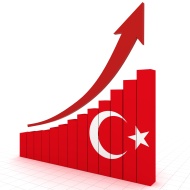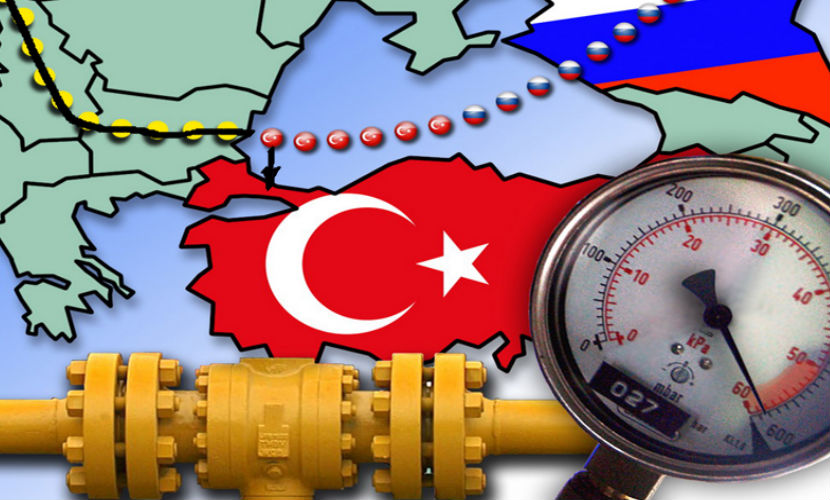Turkish authorities explained the need for constitutional amendments, providing for a transition from to a presidential system, by economic benefits - a strong and stable country will receive investment flows, foreign tourists will return. Forbes writes that Turkey's economy is going through a tough time. Last year the Turkish lira depreciated against the US dollar by 18%. The Turkish lira became the second worst-performing currency of 2016 after the Argentine peso. President Recep Tayyip Erdogan was even forced to launch a campaign to save the lira, urging citizens to change their dollars and euros. Over the past year, foreign investment has declined significantly, there has been a decline in tourism of more than 32%.
Deputy Dean of the Faculty of International Journalism, associate professor of the World Economics Department at the Moscow State Institute of International Relations, Nigar Masumova, believes that the referendum divided the Turkish society into two parts - those supporting Erdogan's policy and those opposing it. "And, of course, the economic situation plays its role here, as in principle young people support their leader in connection with the latest changes. The Justice and Development Party (AKP) came to power in 2004. After this period, dramatic economic changes have started, Turkey becomes a potential candidate for granting the EU membership, starts to reform its economic policy in accordance with European norms and standards. This negotiation process positively affects the economy, most of the branches of economic activity are being modernized. It's all going in accordance with the norms and rules of the European Union."

According to Masumova, Turkey has become the first economy in the region, the eighteenth in the world: "The analysis of macroeconomic indicators shows that this potential will only grow in Turkey. Its GDP exceeds 700 billion dollars. It has doubled in relation to 2004. Other macroeconomic indicators are growing as well, such as GDP per capita, the growth rate of the economy. Inflation is declining, although it was traditionally high in Turkey, there were periods when inflation reached 110%. The rate of inflation growth averages about 7-8%. Industry is the base of the country's economy, and the authorities do everything possible to channel investments into this sphere. There is a special law on attracting foreign investments, they create special economic zones, technoparks, industrial zones, free trade zones. This is one of many tools to stimulate investment in the country."

The expert believes that the AKP has achieved great success in the energy policy: "Electricity supply routes are diversified, many energy pipelines, oil pipelines and gas pipelines pass through Turkey. Turkey is currently developing projects. The Turkish Stream is in the design stage and is supported by the leaders of both countries - Russia and Turkey. Turkey is also diversifying its sources of electricity."
As for agriculture, the share of agriculture is decreasing due to the economic growth, but at the same time a large proportion of the population employed in this sector remains. "This is a big problem for the country's economy, which showed the results of the referendum. Many of those provinces which experience problems in rural areas, this is mainly Eastern Anatolia, voted against. This shows that the economic situation in these regions is not very good."






